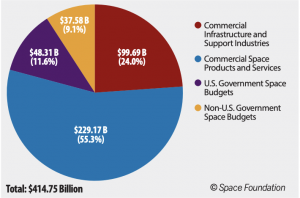Blackstone is currently raising its eighth flagship private equity fund, a monstrous pool of capital that’s already collected more than $22 billion in commitments and could ultimately total $25 billion, according to reports. When the vehicle closes, it might be the largest in the history of the private equity industry—and it will almost certainly be the biggest fund Blackstone has ever raised.
But for the moment, at least, a different vehicle holds that title. And it’s done so for exactly a dozen years, ever since August 8, 2007, the date the firm announced a final close for Blackstone Capital Partners V on $21.7 billion.
It was auspicious timing for multiple reasons. One was that the fund close came less than two months after Blackstone went public, raising more than $4.1 billion in a closely watched IPO that’s proved to be a transformative event in the firm’s history. Another was that it came shortly before the global economy began to turn, joining a wave of mega-funds that swept across the private equity industry in the months leading up to the financial crisis, including a $20 billion vehicle from Goldman Sachs.
And when you compare Blackstone’s fifth flagship effort with the vehicles that came before and after, it seems clear that the firm got at least a little caught up in the fundraising frenzy. It was a remarkable step-up in size of more than 3x from Blackstone Capital Partners IV, and both the firm’s fifth and sixth funds fell well short of that $21.7 billion figure. That’s contrary to the general industry trend of firms raising more cash for each successive flagship fund, particularly among private equity’s biggest players.

